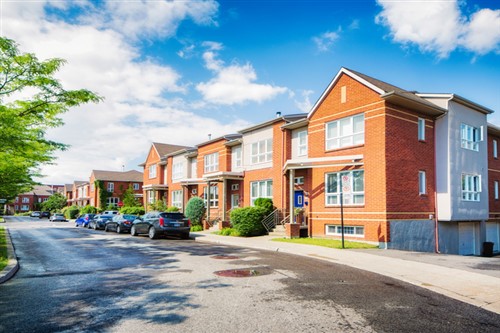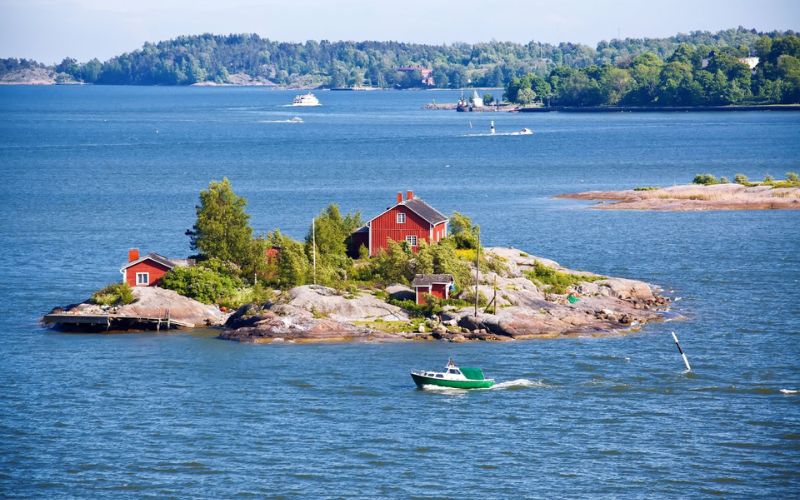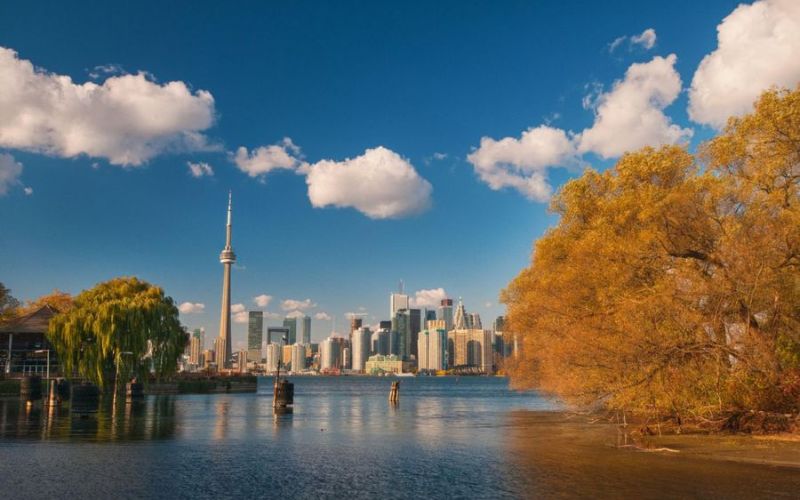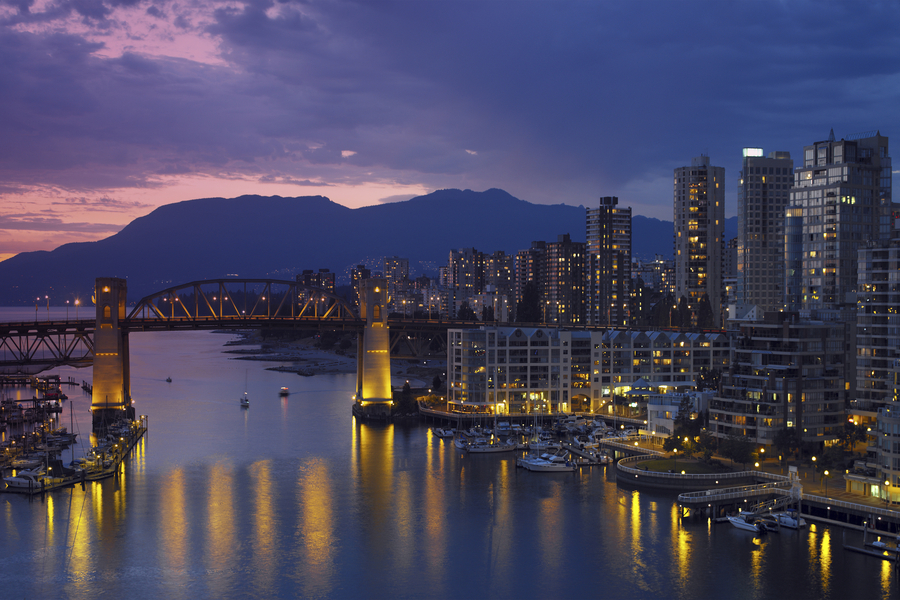Last Updated on October 24, 2023 by Ephraim Vecina
Montreal was one of Canada’s hottest real estate markets last year as low unemployment and economic growth translated into the area’s best sales growth in a decade.
Total sales in the Greater Montreal Area increased 8% to 44,448 on the strength of condominium sales and good overall activity on the Island of Montreal.
Sales growth exceeded 20% in five of the city’s most popular boroughs.
That compared with sales decreases of 18% in the Greater Toronto Area and 10% in Greater Vancouver.
Unlike Toronto and Vancouver, Montreal doesn’t have a foreign buyers tax.
More than 14,000 condos changed hands across the Island of Montreal and nearby communities during the year, marking a 17% increase from 2016.
“It’s on fire,” Quebec Federation of Real Estate Boards manager of market analysis Paul Cardinal said, as quoted by The Canadian Press.
The overall sales growth far exceeded his expectations. He said the last time growth in Montreal sales outpaced Toronto and Vancouver was in 1998.
Cardinal thought new mortgage rules implemented in the fall of 2016 would impair the number of first-time buyers and reduce the total number of transactions.
But Quebec’s best consumer confidence in 15 years and a high number of permanent residences stimulated demand and compensated for the new rules and higher mortgage rates during the summer.
Read more:
Transactions of single-family homes rose 3% to 25,601, while sales of buildings with 2 to 5 units increased 6% to 4,336.
Demand was particularly strong for luxury accommodation. Sales of homes exceeding $1 million rose 20% in Greater Montreal and condos priced above $500,000 were up 42%.
The total value of sales grew 13% to $16.2 billion, about half of which was on the Island of Montreal.
The average price of homes in the Greater Montreal Area increased nearly 6% to $364,510. That was the largest increase since 2010, with single-family homes sustaining the greater price increases.
Prices rose 6.1% to $467,496 on the Island of Montreal, which includes Canada’s second-largest city and suburbs.
Cardinal said the number of foreign buyers, particularly from China, has grown but remained marginal overall. They were mostly concentrated in wealthier neighbourhoods and the downtown core.
He said Montreal is attractive for foreign buyers because the city provides a high quality of life, affordable housing, low pollution, and a university system that contributed to it being named last year as the best city in the world for students.
Related stories:
Ephraim is currently a journalist at Mortgage Broker News, Real Estate Professional and Canadian Real Estate Wealth.
Ephraim is a highly accomplished news reporter whose work has been published across North America and the Asia Pacific region. Before joining Key Media, Ephraim spent eight years working as a journalist with Reuters TV. His areas of expertise include real estate, mortgage, and finance.
LinkedIn | Email









